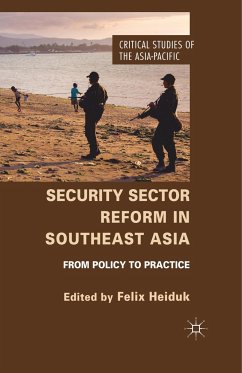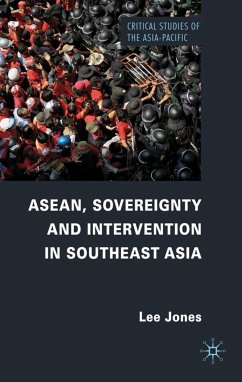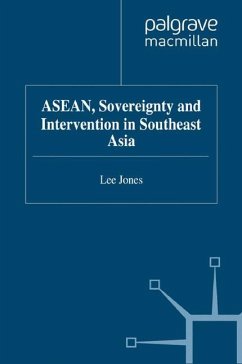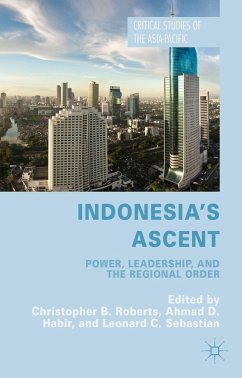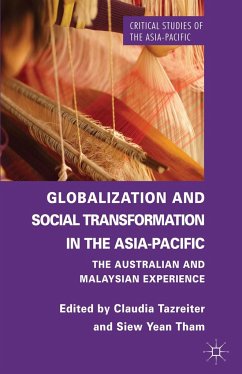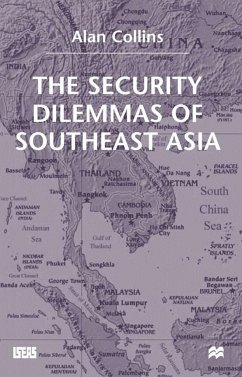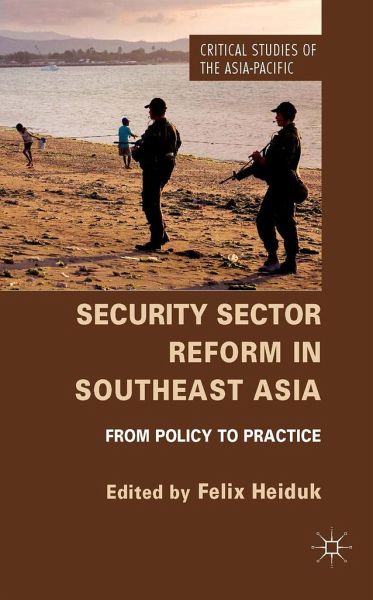
Security Sector Reform in Southeast Asia
From Policy to Practice
Herausgegeben: Heiduk, F.

PAYBACK Punkte
19 °P sammeln!
Successful reform of the security sector has been regarded as pivotal for a successful transition from authoritarianism to democracy by Western donors. A global cast of contributors examines SSR in a variety of policy fields in Southeast Asia, paying specific attention to the adaption of 'Western' reform concepts by local actors.





